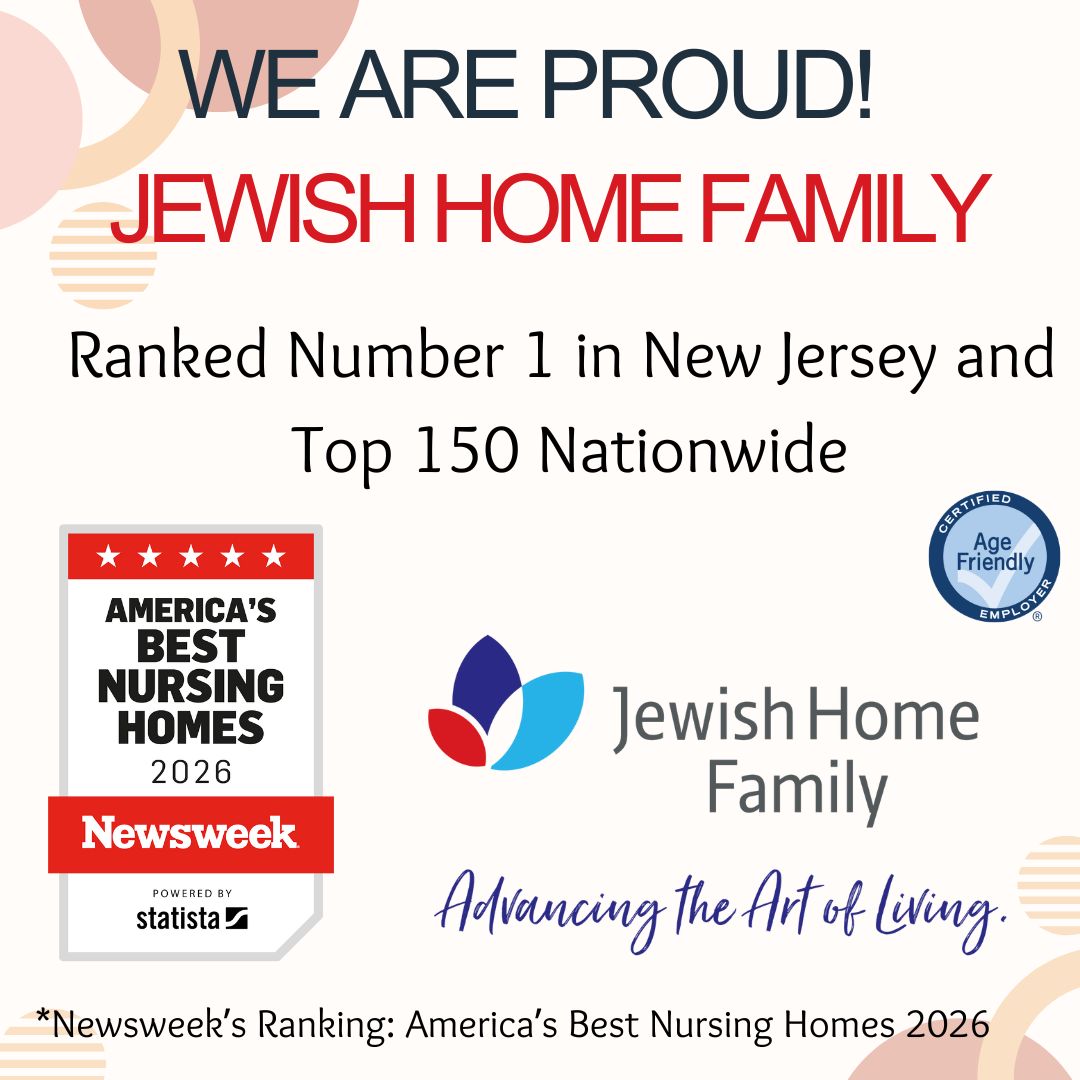Aging. It is a challenging process, both for each of us as we age, and for many of us as we try to manage the health and other needs of our aging parents and other loved ones. Aging doesn’t look like it used to in many respects. We have older adults living longer than ever before in history, often with complex and multiple health challenges. And, at another point on the continuum, we have a demographic shift that is going to change the face of care and services for older adults. The baby boomers, now often referred to as the “silver tsunami” have had an enormous impact on our society from the very first. Now that impact is already being felt even in just the way we look at aging. In fact, by the year 2050, for the first time in history, the over 60 population will outnumber the population of children under the age of 15. That’s not just interesting—it is a huge indicator of the change that lies ahead.With this column, we hope to give you some tips, insights and data about what’s happening in the world of aging. From wellness and safety to the latest in services for those who need specialized care, we’ll bring ongoing updates and ideas, working to answer the questions that all of us have about this expanding arena.
Let’s start out by talking about some of the myths and realities surrounding our older adult population. There’s a lot of conversation about the “young old” vs. the “old old,” essentially creating a dividing line at 85, with the “old old” label applied to that group. As with people of any age, there is no one definition for this group—in essence if you have seen one older adult, you have seen one older adult. Individual needs are as different as fingerprints yet there are some commonalities and trends that are worthy of note.Older adults, as a whole, share a set of worries, concerns about the future. They worry about losing their independence, about losing control of their lives. That could mean a lot of different and specific things—losing the ability to drive or to live in their own home chief among them. How do we, as family members and as caregivers, help to foster choice and control while still monitoring safety and health? And how do we do that if disease, and especially cognitive decline, are in evidence?While we’ll have a lot more to say on this subject in future columns, the first key factor, we think, is to remember that these older people are adults and need to be treated, and cared for, with the dignity that their age should command. That means that their opinions are sought and valued, that every effort is made to promote independence wherever possible, and that we work hard never to infantilize an individual regardless of their degree of disease or disability.So often we hear people say “I have switched roles with my parents.” Truth is, they are still the parent and we are still their children. Age may be limiting their abilities and changing them in significant ways, but we must never forget that they still have individuality and value and the right to make whatever choices they can in their own lives.
This post originally sppeared on the Jewish Standard/Times of Israel: Hello, aging world | Carol Silver Elliott | The Blogs | The Times of Israelhttp://blogs.timesofisrael.com/hello-aging-world/

